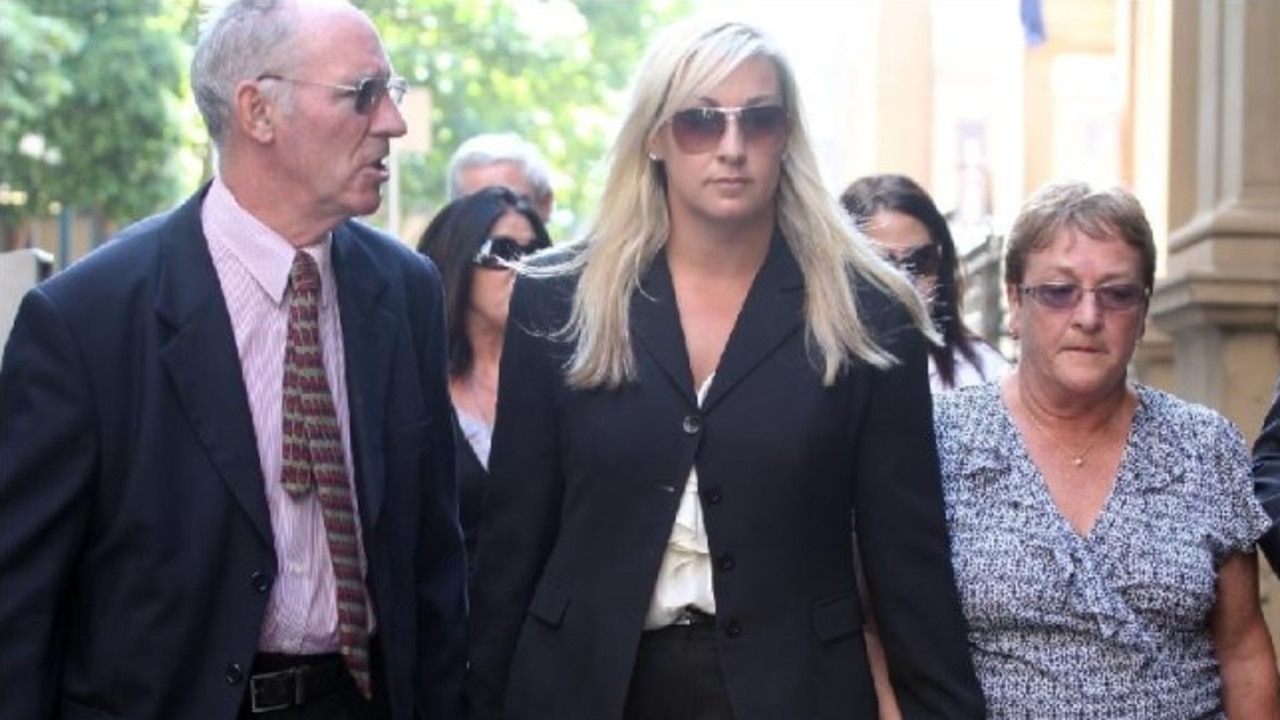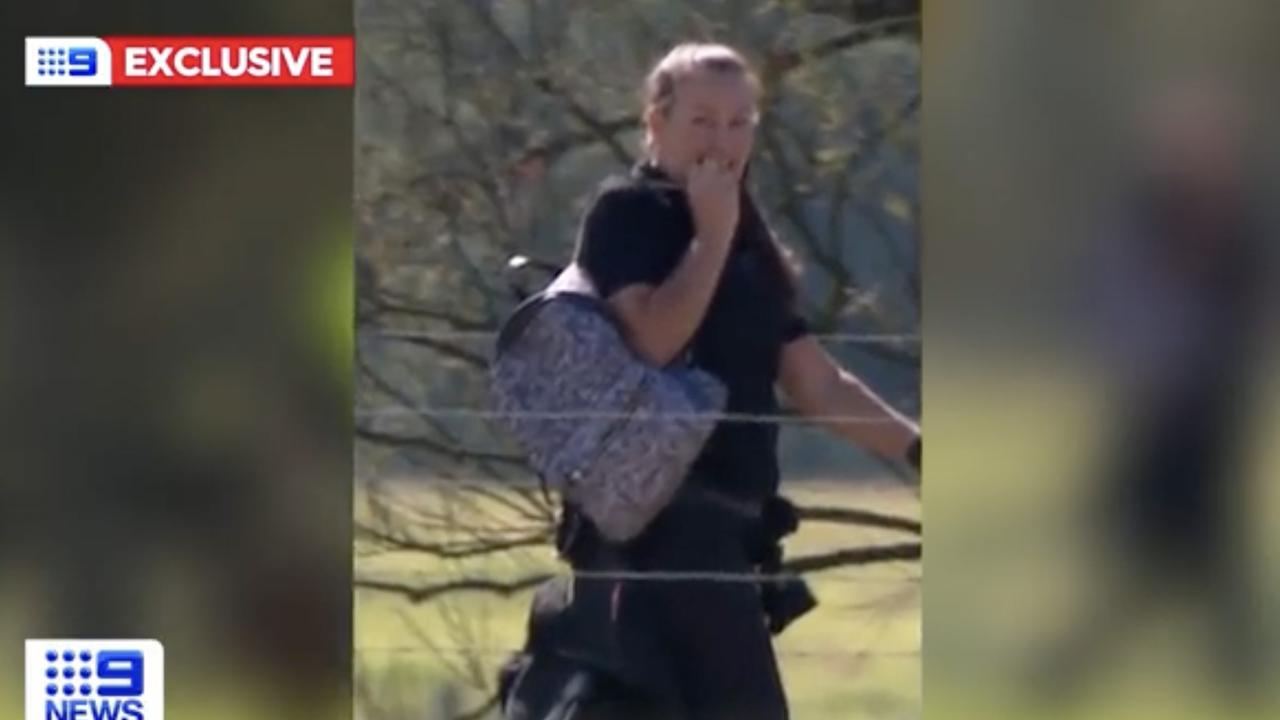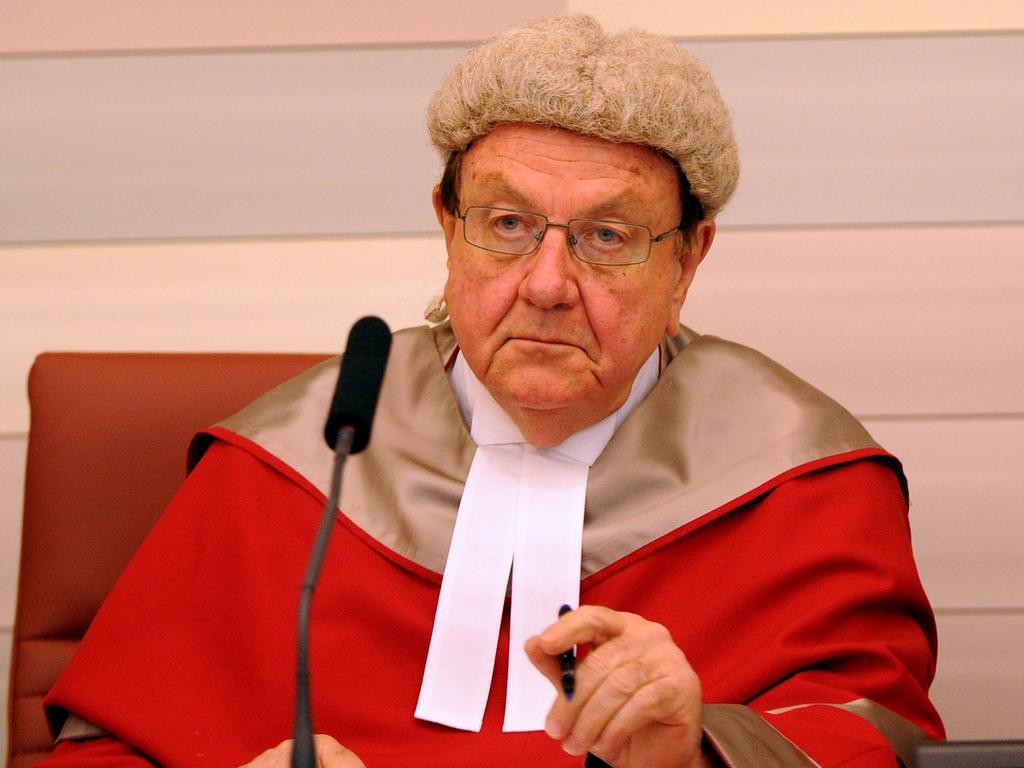Judge who sentenced infamous baby killer Keli Lane has made a bombshell claim about her release from prison
The judge who put convicted baby killer Keli Lane behind bars has made a bombshell claim about her sentence.
The man who locked up infamous baby killer Keli Lane more than 13 years ago has made a bombshell claim saying she should be released from prison.
The one-time Olympic water polo hopeful was convicted in 2010 of murdering her newborn daughter Tegan two days after she was born in 1996.
The child’s body has never been found.
Justice Anthony Whealy KC handed down a maximum 18 years jail sentence to Ms Lane, 49, with a minimum of 13 years and five months parole.
Despite her parole expiring in May, Lane’s release from prison was blocked by NSW’s “no body, no parole” law.

This law denies parole to any incarcerated individual who has been convicted of a homicide and do not co-operate in police investigations or help identify the victim’s location in a satisfactory manner.
But now the former justice has said Lane should be exempt from the “no body, no parole” law.
“This law really can’t apply to her, it wasn’t intended to apply to her, but because of the way it was worded, it’s slammed her back inside for four more years,” Mr Whealy told A Current Affair host Ally Langdon.
“I believe that had this law not been passed then she would be back in the community where she belongs.
“I feel sorry for her in this ‘no body no parole’ because she has served nearly 14 years in prison. It was a long sentence in difficult circumstances. She had to give up her child– she had another child who was growing up when she went to prison.”

While the law is held as a blank standard to keep convicted murders such as Chris Dawson behind bars, Mr Whealy argues it shouldn’t block certain individual cases, like Ms Lane who claims to not know where Tegan’s body is.
“There was a lot of (outrage) over Chris Dawson’s trial and what it revealed. The community at large and the state government (said) ‘right, we will take one that can be applied with discretion and we’ll make it mandatory, and reveal where the body is, if you do not co-operate you will not get parole’,” he said.
The former justice said it would be better if the government would “sit down, listen and reflect on cases like Keli’s for it to be applied to them”.
He said it was “totally wrong” for the law to be applied to Lane’s case.
Meanwhile, he admitted it would be “appropriate” not to give Chris Dawson parole.
“Put it back to what it was, which was she comes up for parole, protesting her innocence … and also note that she is not telling anyone where a body is,” the former justice said.

“At the same time you note that she is no threat to the community, she has done her term, a model prisoner. Keli Lane is a different (and) an enigmatic case.”
Mr Whealy is among the 100 signatories to an open letter to NSW Attorney-General Michael Daley, which is calling for reforms to the law.
The “no body no parole” law was brought by the NSW government as an effort to keep wife killer and former Sydney teacher Chris Dawson behind bars.
Mr Dawson was found to have murdered his wife Lynette Sims in 1982, hid her body and resumed living his life until he was later arrested and convicted decades later.
Ms Lane has continuously maintained she didn’t kill her daughter, but instead gave Tegan away to her father who is understood to be named either Andrew Norris or Morris, in the hospital car park.
More Coverage
No evidence of his existence has been found by investigators or the court.
“I must reject this explanation,” Justice Whealy said in his 2011 decision.
“I accept, as I am bound to do by the jury’s verdict, that the offender deliberately and intentionally caused the death of Tegan.”






